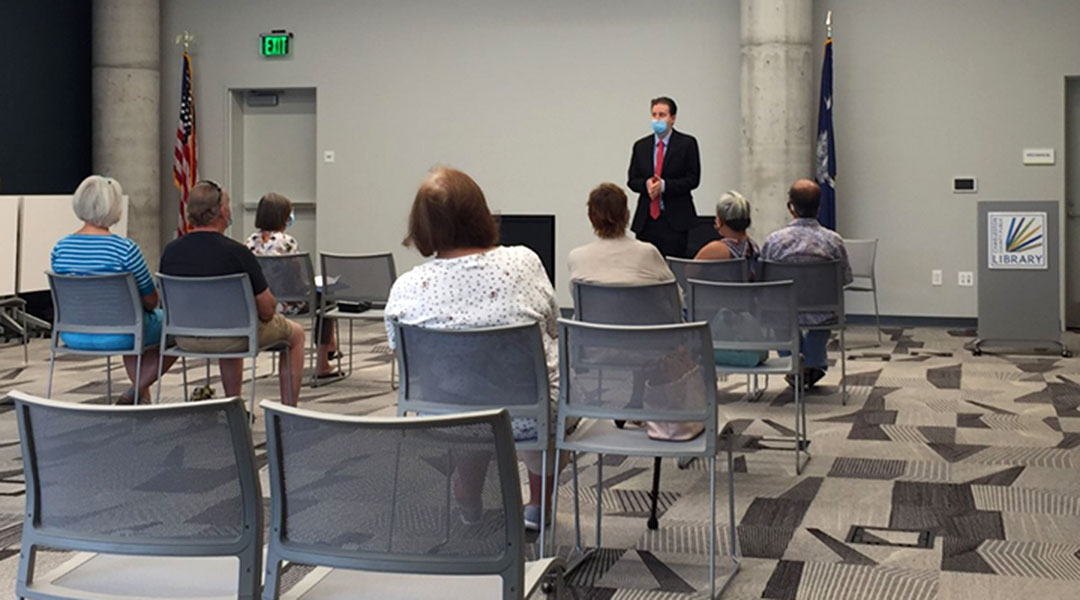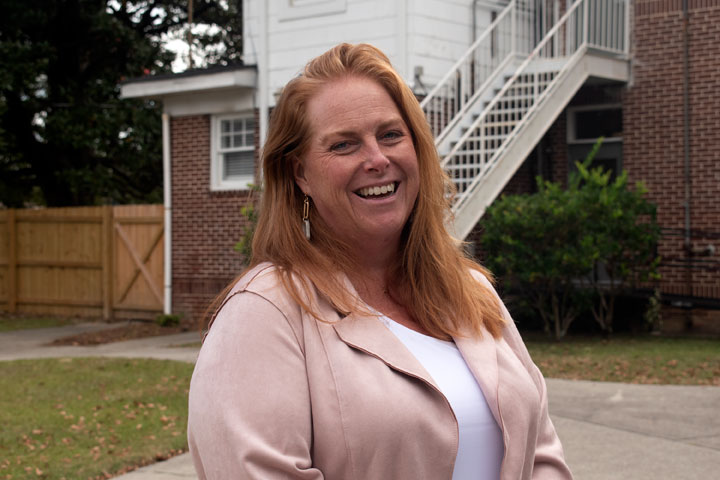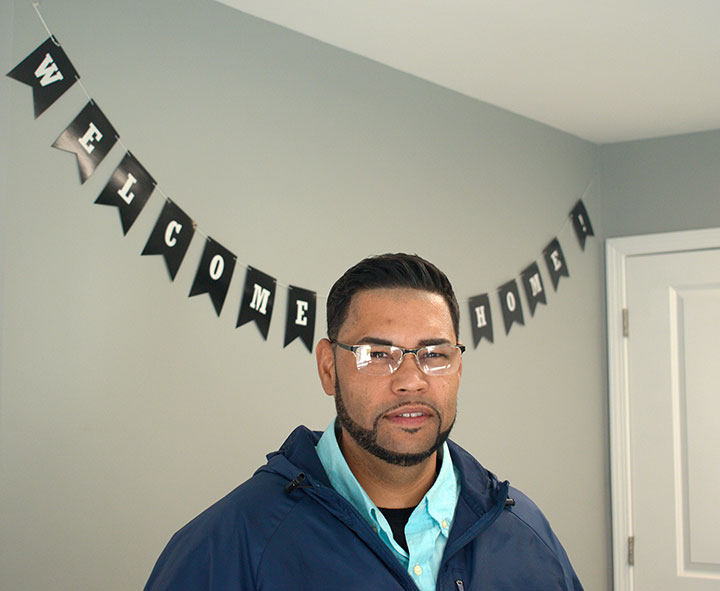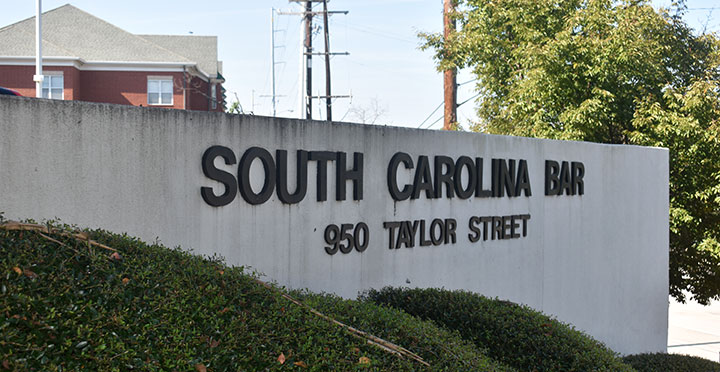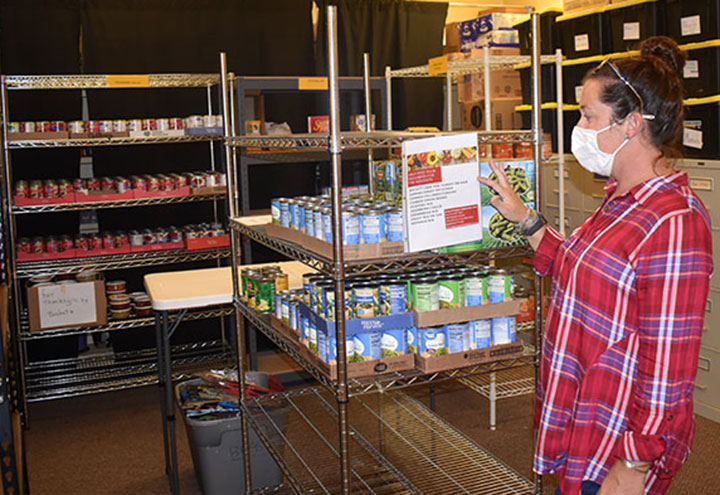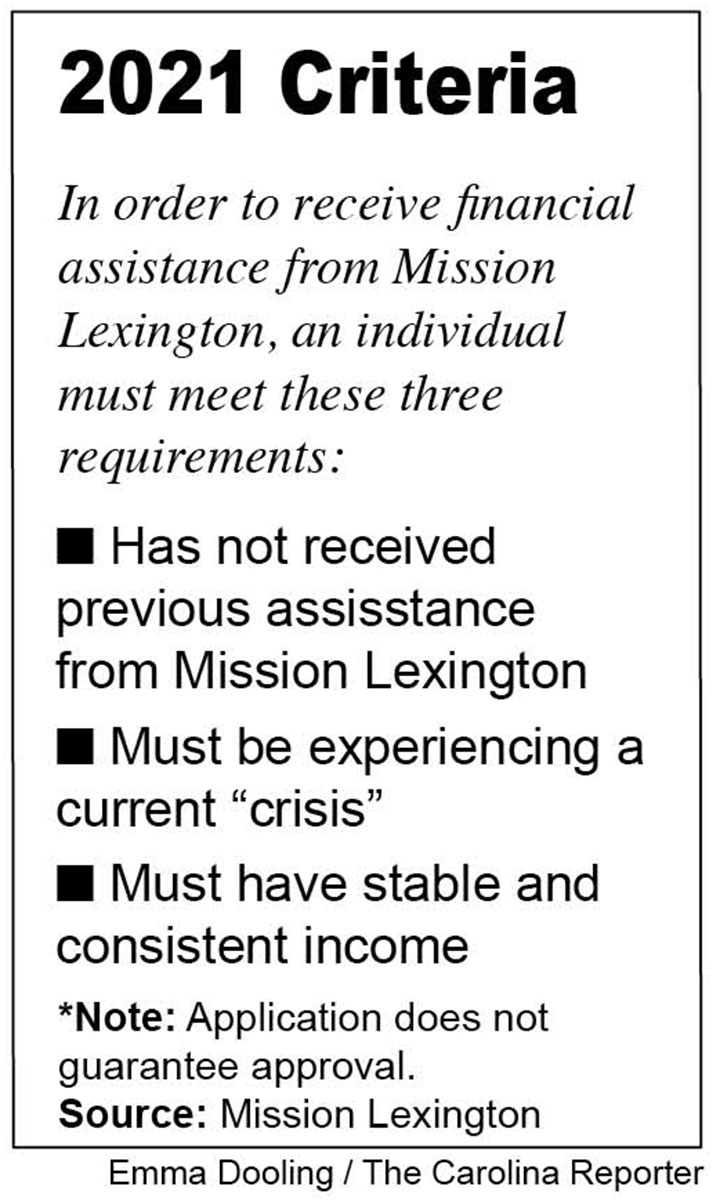The South Carolina Bar holds free legal clinics to help landlords and tenants understand their rights. Photo courtesy of South Carolina Bar
Two weeks ago, the nonprofit Homeless No More began to see the organization’s daily call volume triple.
These calls came over two months after the expiration of the federal eviction moratorium, which allowed tenants a reprieve during the worst of the coronavirus pandemic. As landlords and tenants struggle to regain financial footing, South Carolina nonprofits are doing what they can to help.
Lila Anna Sauls, the president and CEO of Homeless No More, said she believes there was miscommunication about the renters’ responsibilities during the moratorium, leading to an increasing number of evictions once it ended. Many of these families did not know they would owe rent from 18 months ago when the moratorium came to an end in August, she said.
“These families who are coming to us right now,” Sauls said. “If they knew how to plan, they wouldn’t be here.”
Sauls believes the moratorium did a disservice to the families who needed more than just rental assistance. Now, she said, the families are back where they were 18 months ago, still needing some place to live with an onslaught of bills they cannot pay.
“Families need those support services, and these programs like moratoriums, they don’t include support services,” Sauls said.
Homeless No More provides a continuum of housing programs for those experiencing homelessness in the Columbia community.
The programs range from emergency shelter services that last approximately 30 days to indefinite landlord/tenant arrangements.
Many of the families the nonprofit is currently taking in have been evicted, and Housing No More seeks to help them get back and stay on their feet.
“We’re an anomaly in that, throughout this whole moratorium, we’ve provided services for families who have been evicted,” Sauls said. “But in some cases we could have, in theory, been actually evicting families.”
Landlords and property managers are struggling just as much to deal with the moratorium and its aftermath, according to Jose Guzman, the property manager at Lorick Place Apartments.
Guzman said property managers and landlords have fought a constant battle since the beginning of the pandemic between working with renters and continuing to operate their business.
“[Property managers are] not able to fix things. They don’t have the money to,” Guzman said. “If something breaks down, everything’s really coming out of pocket just because we do reinvest into the actual property. And that’s one thing that’s not really been told.”
Lorick Place Apartments is a part of Section 8 housing, which provides public housing or housing choice vouchers, through the U.S. Department of Housing and Urban Development. The complex has worked with its residents throughout the pandemic to provide outside resources and as much rental forgiveness as it can manage.
Guzman said he works to maintain good relationships with renters in the 87-unit apartment complex to help both the tenants and the company in the long run. Both, he says, are struggling.
“It’s affecting everyone,” Guzman said. “It’s a vicious cycle.”
The South Carolina Bar is offering 60 different clinics across the state from August to November, including clinics that help tenants. The clinics help those who have suffered job loss to understand their rights and the rights of landlords. Public Services director Cindy Coker said these clinics are designed to curb the amount of legal misinformation people have.
“People don’t know where to go,” Coker said, “And what happens is they’ll go to the internet or they’ll go to some source that really gives them bad information, and then they’re trying to undo it.”
One of these free clinics, which range in attendance from less than 10 participants to over 70, focuses specifically on landlord and tenant law.
The Bar also helps answer questions on the SC Free Legal Answers website, which has seen an increase in questions regarding landlord and tenant rights since the onset of the Covid-19 pandemic.
In 2020, it saw an over 30% increase in questions, for a total of 324. So far in 2021, the number of questions has almost surpassed that.
Coker said participants exit these clinics more prepared to handle their rental agreements.
“They understand better how the law works,” Coker said. “It does not work like it does on television.”
Mission Lexington, a crisis based ministry founded by four Lutheran churches in 1978, also tries to help renters through its one-time, monetary rental assistance program.
Marett Bishop, director of social services for Mission Lexington, said the nonprofit also provides recipients of rental assistance with action that will enable them to pay their rent going forward.
“Anything we can do to make them more sustainable,” Bishop said.
Although Bishop said the rental assistance is typically offered as a “once per lifetime” opportunity, Mission Lexington has reevaluated that stance in the past year and a half.
“Covid has brought a whole new realm to that where we will reassess but we cannot guarantee service,” said Bishop. “New clients get priority.”
Although Homeless No More is currently at capacity, they are directing families to other resources in the community in the hopes that this wave of moratorium induced evictions will have run its course by the end of the year.
“My job is to try to give them shelter and keep them as safe as possible until we help them figure out the next moves,” Sauls said.
Lila Anna Sauls, president and CEO of Homeless No More, said improved landlord/tenant communication would have allowed for more “patience and grace” after the eviction moratorium ended. Photos by Michaela Catoe
“We have to be willing and accessible too,” said Jose Guzman, property manager at Lorick Place Apartments. “We’ve got to be understanding.”
The SC Bar holds free legal clinics at the request of libraries and other local community centers.
Marett Bishop, director of social services with Mission Lexington, stands in a food pantry at the nonprofit’s headquarters. The organization also provides food and clothing resources for residents of Lexington County. Photo by Emma Dooling

